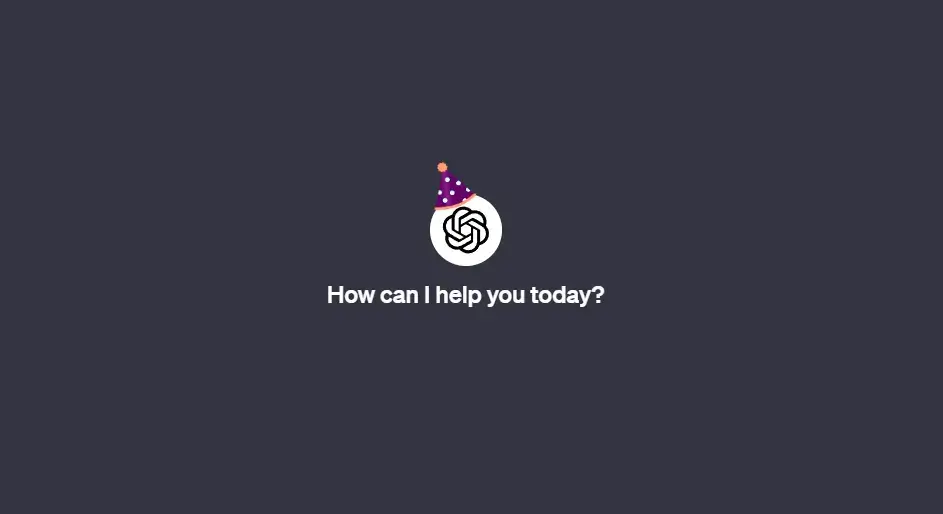It’s Been A Whole Year Already, Filled with Ups, Downs And Progress!

It has been a year since the launch of ChatGPT, marking a significant milestone in the realm of AI-driven conversation platforms. Prior to its unveiling on November 30, 2022, AI chatbots were often perceived as novelties, with Microsoft’s Tay bot being a memorable example, notorious for its unpredictable behavior. Even modern AI has a tendency to hallucinate, over time this might reduce.
In contrast, ChatGPT has not only endured but has become an integral part of daily life for millions of users globally. Despite its success, the journey has not been without challenges, including internal drama at OpenAI, the organization behind ChatGPT, which involved CEO Sam Altman’s temporary departure, serving as a stark reminder of the concerns surrounding AI advancements.
Capturing Global Attention
Before November 2022, OpenAI was relatively obscure outside tech circles. However, with the introduction of ChatGPT, named after GPT-3, the company’s flagship language model, OpenAI gained widespread recognition. ChatGPT presented complex AI concepts in a user-friendly format, resembling messaging apps and quickly gained popularity. Let’s face it, it went viral.
By January 2023, ChatGPT boasted 100 million users, making it the fastest-growing app in history at that time. Its success surpassed even the expectations of its creators, who initially viewed it as a research project. The application demonstrated its utility in various scenarios, from job applications to aiding children with homework and even drafting political speeches.
The success of ChatGPT prompted tech giants to take notice, with Google expediting its own large language model project (Bard) amid concerns that chatbots could rival traditional search engines. OpenAI, initially a non-profit organization, pivoted towards commercialization, offering upgraded versions of ChatGPT for a fee. Not so “Open” after all.
Challenges and Controversies
The rapid development of ChatGPT triggered responses from major players globally. Elon Musk, a former board member of OpenAI, announced plans for his own chatbot, despite acknowledging the technology’s potential existential threats. Chinese tech companies like Alibaba and Baidu also joined the race, recognizing the transformative impact of AI.
However, concerns emerged regarding the potential dark side of AI. Some worried that scientific breakthroughs could lead to destructive arms races, drawing parallels with historical examples. Critics raised alarms about ChatGPT’s occasional hallucinations, raising fears of amplifying misinformation, especially in the context of upcoming elections.
Criticism also centered around OpenAI’s alleged lack of transparency regarding GPT’s training data, with concerns that it could perpetuate biases and contribute to the spread of fake news.
The Road Ahead
As ChatGPT celebrates its one-year anniversary, the debate around AI safety has become a mainstream topic. The application’s success has propelled OpenAI CEO Sam Altman into a key voice in discussions around AI regulation and safety. While acknowledging the industry’s potential to cause harm, Altman emphasizes the critical role of government regulation in mitigating risks.
Looking ahead, Altman’s ambitions extend beyond ChatGPT. OpenAI aims to empower third parties to leverage GPT in their products, even envisioning the creation of digital assistants. Altman’s ultimate goal is to develop artificial general intelligence, capable of outperforming humans in various tasks.
The past year witnessed internal challenges at OpenAI, including Altman’s temporary exile, reflecting the tensions within the organization about the potential risks associated with AI advancements. As OpenAI moves forward under Altman’s leadership, the upcoming year promises to be an intriguing chapter in the evolution of ChatGPT and the broader landscape of artificial intelligence.


























